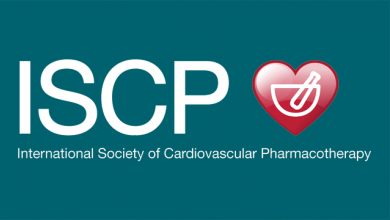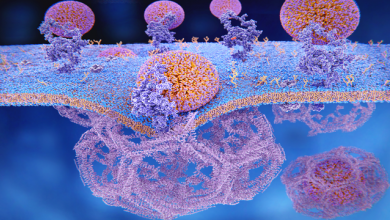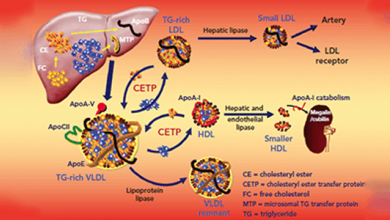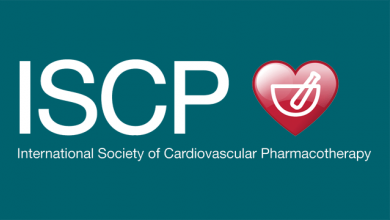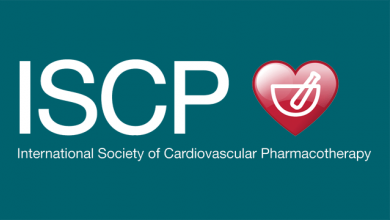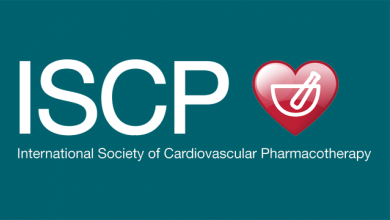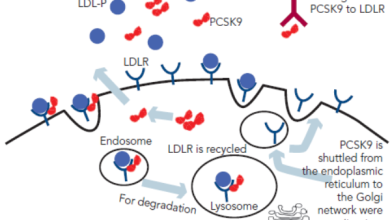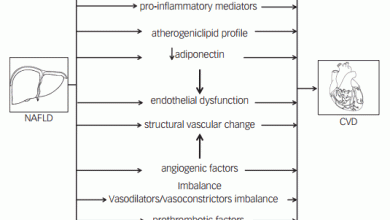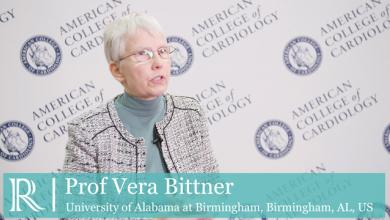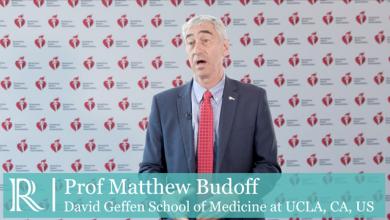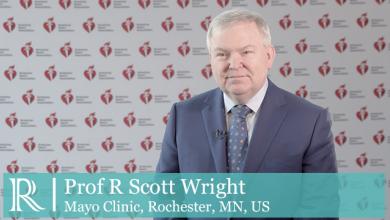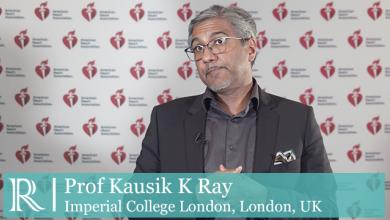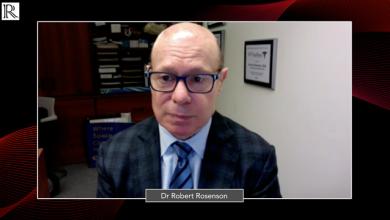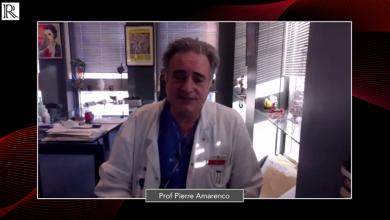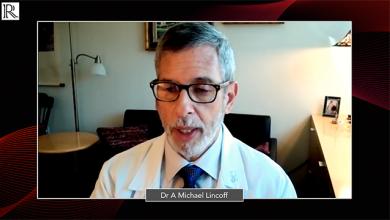Substantial progress in the treatment of atherosclerotic complications – in particular in secondary prevention – has led to a significant reduction of recurrent cardiovascular events. This has been through the use of pharmacological strategies including lipid-lowering drugs such as statins, beta-blockers, angiotensin-converting ensyme inhibitors and angiotensin receptor blockers, along with the introduction of early percutaneous coronary intervention in acute coronary syndrome with consecutive application of dual antiplatelet therapy.
Close Menu
View all - Electrophysiology & Arrhythmia
Atrial Arrhythmias
Atrial Fibrillation
Catheter Ablation of Cardiac Arrhythmias
Persistant AF using Cryoballoon
Real World Contact Force Ablation
Pacing, Defibrillators and Cardiac Resynchronisation Therapy
Stroke Prevention in Atrial Fibrillation
Reversal Agents
Ventricular Arrhythmias
Supraventricular Tachycardia
Sudden Cardiac Death
Atherosclerosis
Atherosclerosis
Read time: 1h 1m 1s
About
Media
Media
Watch time: 4m 53s
Watch time: 4m 57s
Watch time: 8m 2s
Watch time: 3m 25s
Watch time: 4m 43s
Watch time: 4m 14s
Watch time: 7m 48s
Watch time: 7m 44s
Watch time: 9m 40s
Articles
The Million Hearts Initiative - Targeting Key Drivers of Cardiovascular Mortality from a Medical Specialty Society Perspective
Citation:
US Cardiology 2012;9(1):66-70
- Abstract
- Full text
- Login or register to view PDF.
- Permissions
- References
Permissions×
For commercial reprint enquiries please contact Springer Healthcare: ReprintsWarehouse@springernature.com.
For permissions and non-commercial reprint enquiries, please visit Copyright.com to start a request.
For author reprints, please email rob.barclay@radcliffe-group.com.
For permissions and non-commercial reprint enquiries, please visit Copyright.com to start a request.
For author reprints, please email rob.barclay@radcliffe-group.com.
- Views:
 385
385
- Downloads:
 0
0
Support for Combined Administration of Antihypertensive and Lipid-lowering Agents to Reduce Cardiovascular Events—The Emergence of the Multipill
Citation:
US Cardiology 2006;3(2):20–1
- Abstract
- Full text
- Login or register to view PDF.
- Permissions
- References
Permissions×
For commercial reprint enquiries please contact Springer Healthcare: ReprintsWarehouse@springernature.com.
For permissions and non-commercial reprint enquiries, please visit Copyright.com to start a request.
For author reprints, please email rob.barclay@radcliffe-group.com.
For permissions and non-commercial reprint enquiries, please visit Copyright.com to start a request.
For author reprints, please email rob.barclay@radcliffe-group.com.
- Views:
 83
83
- Downloads:
 0
0
Interventional Cardiology for Coronary Artery Disease
Citation:
European Cardiovascular Disease 2006;2(1):70–2
- Abstract
- Full text
- Login or register to view PDF.
- Permissions
- References
Permissions×
For commercial reprint enquiries please contact Springer Healthcare: ReprintsWarehouse@springernature.com.
For permissions and non-commercial reprint enquiries, please visit Copyright.com to start a request.
For author reprints, please email rob.barclay@radcliffe-group.com.
For permissions and non-commercial reprint enquiries, please visit Copyright.com to start a request.
For author reprints, please email rob.barclay@radcliffe-group.com.
- Views:
 194
194
- Downloads:
 0
0
A Review of Angiotensin Receptor Blocker-based Therapies at all Levels of Cardiovascular Risk
Citation:
European Cardiology 2011;7(4):254–6
- Abstract
- Full text
- Login or register to view PDF.
- Permissions
- References
Permissions×
For commercial reprint enquiries please contact Springer Healthcare: ReprintsWarehouse@springernature.com.
For permissions and non-commercial reprint enquiries, please visit Copyright.com to start a request.
For author reprints, please email rob.barclay@radcliffe-group.com.
For permissions and non-commercial reprint enquiries, please visit Copyright.com to start a request.
For author reprints, please email rob.barclay@radcliffe-group.com.
- Views:
 534
534
- Downloads:
 0
0
- Citations: 1








